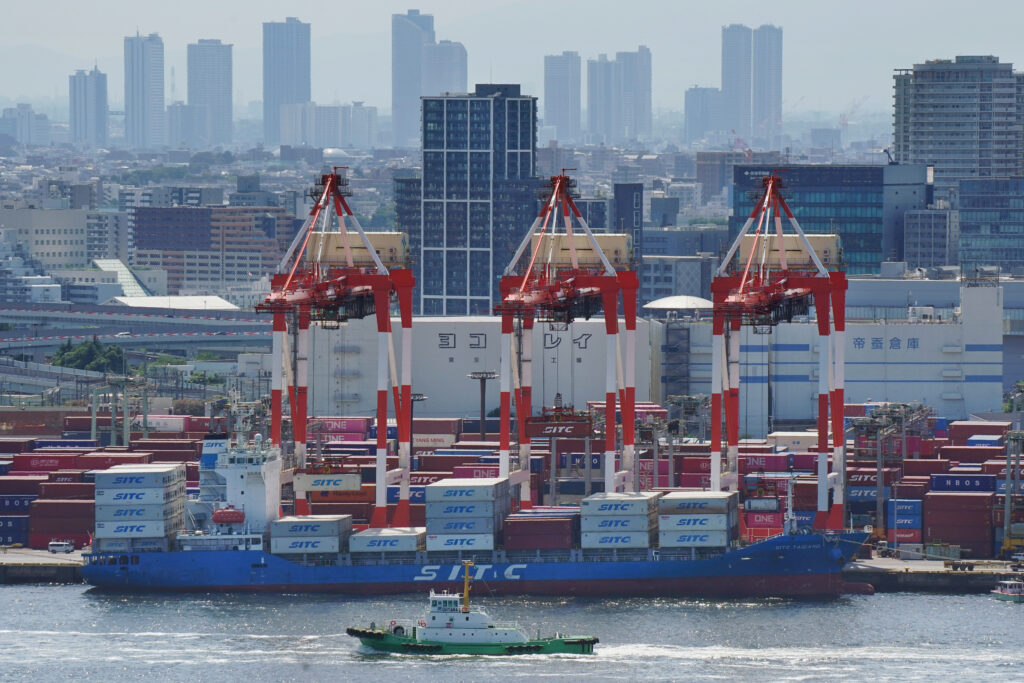AFP Asia Business
Japan posts modest growth despite US tariffs
Japan eked out modest growth in the second quarter despite painful US tariffs, official data showed Friday, in welcome news to embattled Prime Minister Shigeru Ishiba.A preliminary estimate showed gross domestic product (GDP) in the world’s number four economy growing 0.3 percent in the three months to June, above market forecasts of 0.1 percent.The cabinet …

